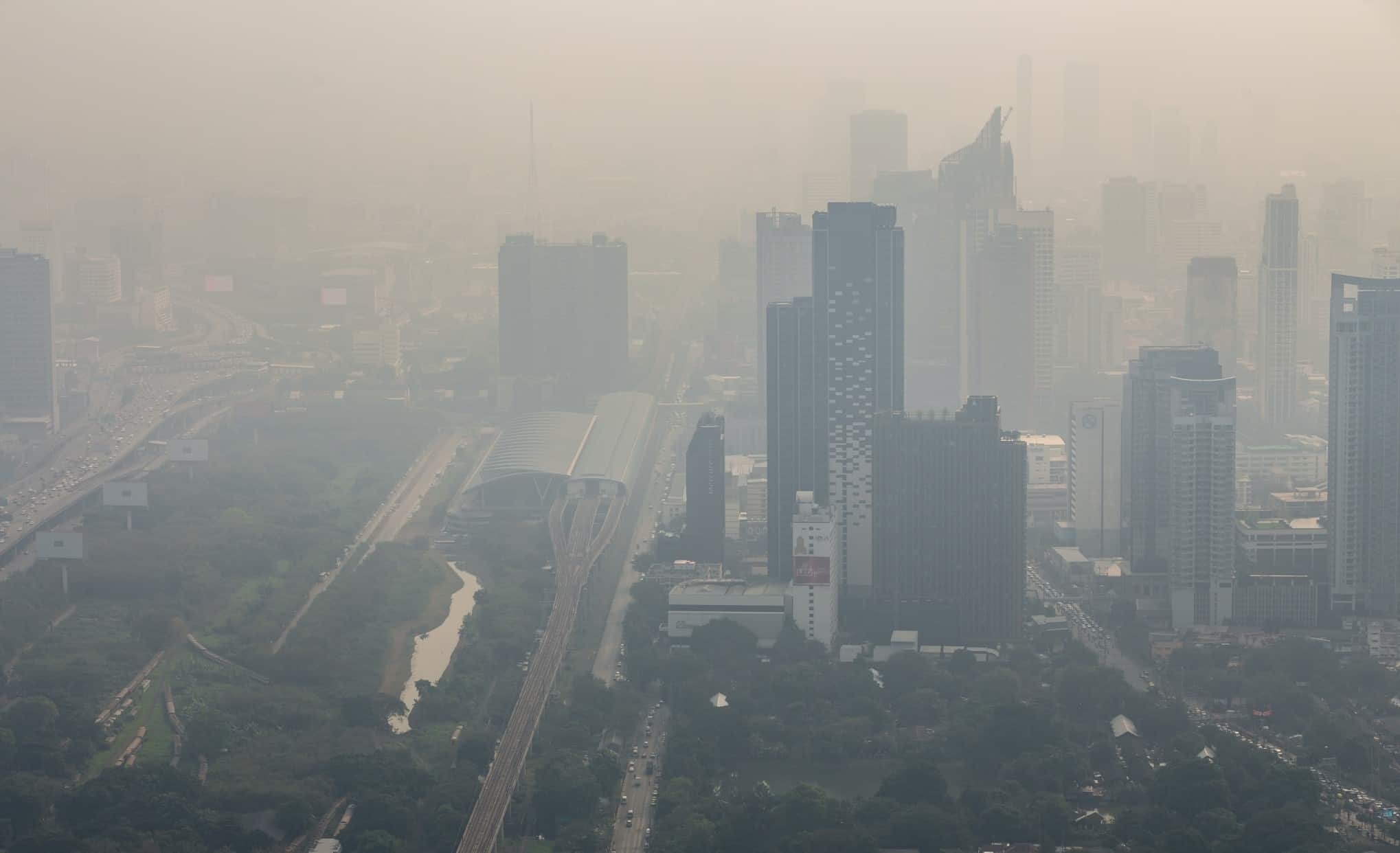STAY ABOVE THE DAMAGING EFFECTS OF POOR AIR QUALITY
Our lungs process the air we breathe; consequently, they are the only internal organs that are constantly exposed to the external environment.
Lungs are delicate organs and vulnerable to a range of illnesses. If you have a pre-existing respiratory disease or know someone that does, you’re especially at risk.


Wildfire smoke is a combination of particles and gases, both of which can cause irritation and damage to sensitive mucosa in the lungs. The damage occurs via oxidative stress, so eating nutritious food and taking antioxidant supplements can counter the negative effects.
Whenever the body is under stress it requires extra vitamins and minerals. This is an important time to up your awareness of food choices.
Vitamineral:
(Superior multi)
If you don’t take a good multi vitamin on a regular basis, this is the time to start and cover the basics. Your body needs forty plus nutrients to maintain health. A simple quality multi can help support the balance. If you want to get a good idea where you are taking the A.R.L. Hair Test for an extremely reasonable price, but with mega benefits. The surface area of the lung is epithelial cells so proper vitamin A levels are needed to regenerate new lung cells, which is included in this extraordinary multi.
Vitamin D3:
Supporting the immune system with vitamin D is especially important when dealing with smoke inhalation and now widely recommended for your immune system; especially those who have been diagnosed with a deficiency. Integrative Medicine teaches that optimal levels for Vitamin are 60-80. If you don’t know your levels and would like quick results, click here for a Vitamin D Blood Spot Test.
N-acetyl cysteine (NAC):
is a precursor to glutathione and can be used if glutathione is not available as a supplement. NAC is a powerful mucolytic, breaking down and eliminating accumulated mucus from the lungs. In addition to facilitating breathing, toxins and germs threatening the lungs are also removed. People with various lung disorders such as bronchitis, asthma, and emphysema may greatly benefit from NAC. Recommended: 600mg three times/day.
Vitamin C:
Smoke causes inflammation via oxidative damage so antioxidants are essential. One of the best and simple antioxidants, is Vitamin C. You can increase your dose up to bowel tolerance. For example, 3000 to 6000mg/day in divided doses. (too much will cause loose stools)
Glutathione:
Liposomal glutathione can detoxify acetaldehyde and other toxins found in smoke and has great potential benefit to preventing damage from smoke inhalation.
Selenium:
As an antioxidant, selenium helps fight free radical damage and moderates cellular oxidative stress. Recommended: 200mcg twice/day
Herbs:
Green tea, ginger, and turmeric can be highly effective in inhibiting the activation of carcinogens in environmental smoke. Use in cooking or as a tea.
Check our store for Pneuma-Zyme to protect your lungs.
We need oxygen to live. It travels from the lungs to every corner of the body,
However, the growing number of antioxidants being discovered (so far, there are more than 4,000 known flavonoids, and (that’s only one class of antioxidant). The continual discoveries of new antioxidant food sources are mind boggling of these substances. “Free radicals, if left unchecked, assault whatever cell constituents are nearby, including proteins, fats, and DNA. “Once those molecules are attacked, their structure and function are changed and they don’t work as well.” Joe Vinson, Ph.D., University of Scranton.
Most people know that we need vitamin B for our nervous system and calcium for our bones, but don’t understand the function antioxidants and the vital importance to our health.
Antioxidants 101
Oxygen helps cells metabolize food into energy. But oxygen has a downside. Normally, the molecules in our cells have a full set of electrons, which keep them stable. Think of them as a fortress surrounding a castle. But when these molecules come into contact with oxygen they are “oxidized”. Meaning they lose an electron, converting to an unstable type of molecule known as a free radical, causing free-radical damage to our cells.
There are thousands of antioxidants found in fruits, vegetables, whole grains, nuts, legumes, meats, poultry, and fish. Even foods once not known for being especially healthful, such as chocolate, coffee, and red wine, are now recognized as potent delivery systems for beneficial antioxidants. Learn which ones are right for you and ask about our Food Sensitivity Testing.
Within the lungs, the mucus-lined bronchi split like the branches of a tree into tens of thousands of ever smaller tubes (bronchioles), which connect to tiny sacs called alveoli. The average adult’s lungs contain about 600 million of these spongy, air-filled structures. There are enough alveoli in just one lung to cover an area roughly the size of a tennis court.
The breath of life… is life, so take care of your lungs and reap non-stop benefits that affect your well-being!
FDA DISCLAIMER: The statements made within this website have not been evaluated by the U.S. Food and Drug Administration. These statements and the products of this company are not intended to diagnose, treat, cure or prevent any disease.
LEGAL DISCLAIMER: Please consult your physician before implementing any new diet, exercise and dietary supplement programs, especially if you have preexisting medical conditions or are taking prescribed medications. The statements made on this website are for educational purposes only and are not meant to replace the advice of your physician or healthcare provider.



